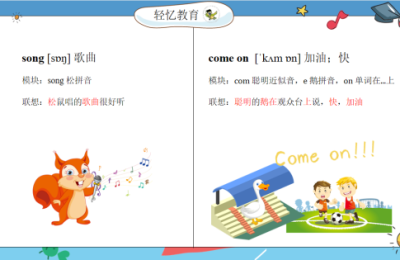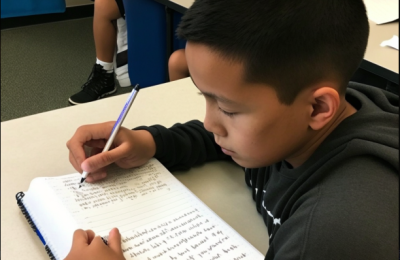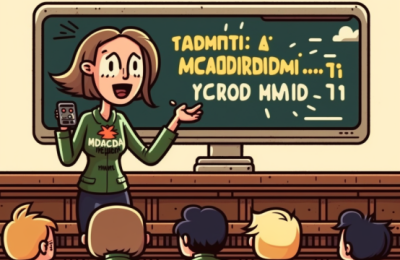Have you ever struggled with using the right tenses in English? Do you feel like you could improve your speaking skills by mastering the different English tenses? If you answered yes to either of these questions, then you’re in the right place. In this article, we’ll explore some tips and tricks to help you better understand and use English tenses, so you can improve your communication skills.
Mastering the Basics: Simple Tenses
When it comes to learning English tenses, it’s important to start with the basics. The simple tenses – present, past, and future – are the foundation of all English verb conjugation. Let’s take a closer look at each of these tenses and how they’re used in everyday conversation.
Present Tense
The present tense is used to talk about things that are happening right now, or things that happen repeatedly. For example, “I am eating breakfast” or “She sings beautifully.” It’s worth noting that the present tense may also be used to describe future events, such as “I’m leaving for vacation tomorrow.”
Past Tense
The past tense is used to talk about things that happened in the past. For example, “I walked to the store yesterday” or “He studied for hours last night.” It’s worth noting that the past tense may also be used to describe hypothetical situations, such as “If I had known, I would have gone with you.”
Future Tense
The future tense is used to talk about things that will happen in the future. For example, “I will meet you at the airport tomorrow” or “They are going to get married next year.” It’s worth noting that the future tense may also be used to describe hypothetical situations, such as “If it rains, I will stay inside.”
Mastering the Advanced: Perfect Tenses
Once you have a good grasp of the simple tenses, you can move on to the more advanced tenses, such as the perfect tenses. The perfect tenses are used to describe actions that are completed or ongoing at a specific point in time. Let’s take a closer look at each of these tenses and how they’re used in everyday conversation.

Present Perfect
The present perfect tense is used to talk about actions that started in the past and continue up to the present moment. For example, “I have lived in this city for five years” or “She has been studying English for months.” It’s worth noting that the present perfect tense may also be used to describe recent events, such as “I have just finished my homework.”
Past Perfect
The past perfect tense is used to talk about actions that were completed before a specific point in the past. For example, “I had finished my work before he arrived” or “She had already left when I got there.” It’s worth noting that the past perfect tense may also be used to describe hypothetical situations in the past, such as “If I had known, I would have told you.”
Future Perfect
The future perfect tense is used to talk about actions that will be completed before a specific point in the future. For example, “I will have graduated by the time you come back” or “They will have finished their project by Friday.” It’s worth noting that the future perfect tense may also be used to describe hypothetical situations in the future, such as “If we have finished our work by then, we will go out.”
Putting It All Together: Using Tenses in Context
Of course, understanding the different English tenses is only half the battle. To become a proficient speaker, you must also be able to use these tenses in context. Here are a few tips to help you do just that:

1. Listen to native speakers: Pay attention to how native speakers use different tenses in conversation. This will help you get a feel for how each tense should be used.
2. Practice, practice, practice: The more you practice using different tenses, the more natural it will become for you. Try incorporating different tenses into your everyday conversations, even if it’s just with yourself.
3. Read and watch English-language media: Reading books, watching movies, and listening to music in English can help you become more familiar with different tenses in context.
In conclusion, mastering English tenses is essential if you want to become a proficient speaker. By understanding the basic and advanced tenses, and practicing using them in context, you can take your communication skills to the next level. So don’t be afraid to dive in and start learning – you’ll be surprised at how quickly you can improve. And if you need extra help, consider checking out the language learning resources offered by Lighten Education. Happy learning!





